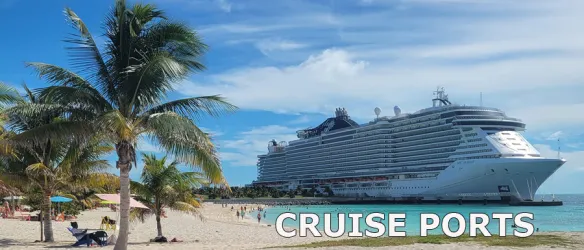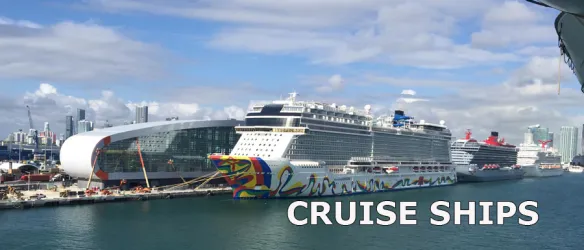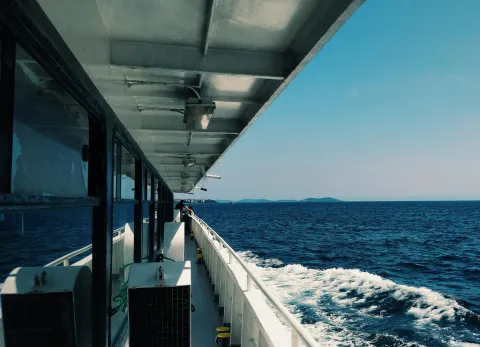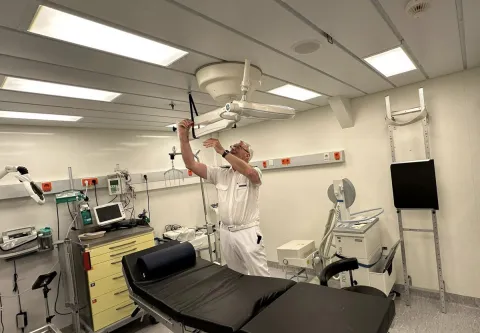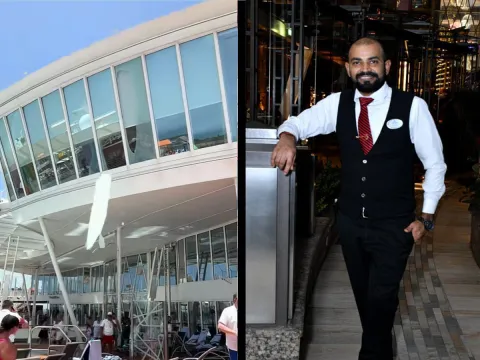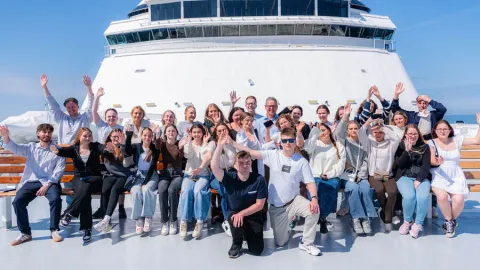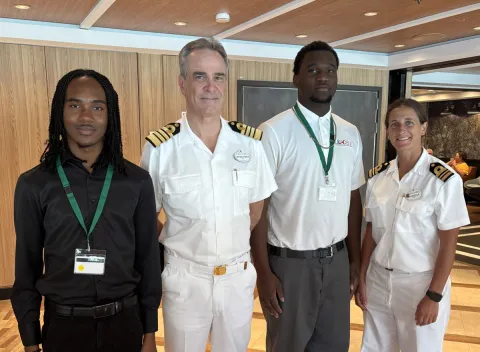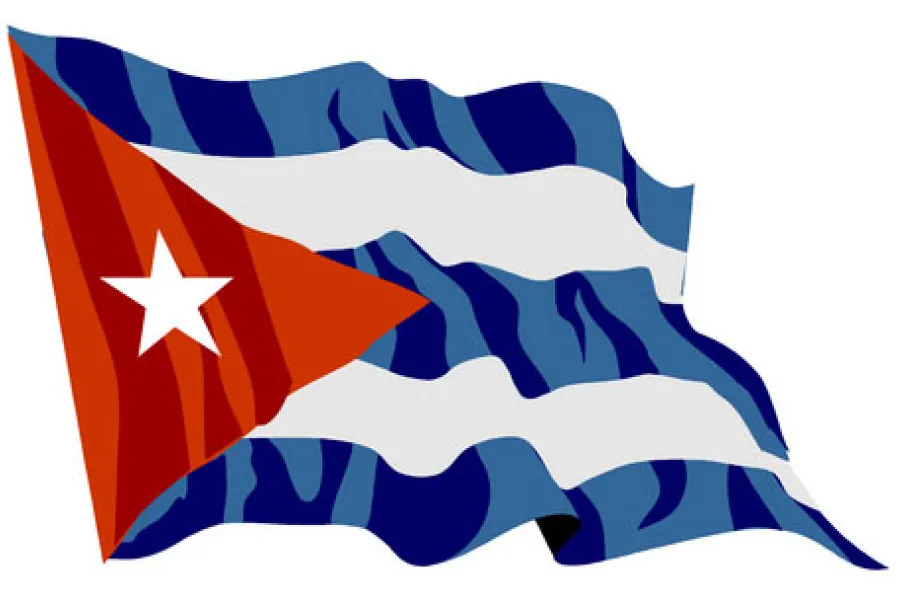
Tourism is one of the main links to the economic development of Cuba, with significant annual growth despite the barriers imposed by the blockade that the United States applied for over half a century.
The numbers are growing with major impacts on areas such as services, operations and logistics assurance, as reported by Cuba on Resolution of the UN General Assembly "Necessity of ending the economic, commercial and financial embargo imposed by United States of America against Cuba ".
This involvement reached an estimated excess of two billion dollars, the text refers.
In that scenario, tourist agencies Cubatur Cubatur and seek to capture the scale of cruise ships sailing in the Caribbean, but have strong barriers to achieve this.
The White House prohibits travel by U.S. citizens to Cuba, except in certain cases and licenses subject to conditions, and prevents the entry for 180 days the country to northern ports to ships before they touched the island facilities.
That environment is crossing scenario for 140 cruises, and U.S. shipping group, fluent in that market, showing their interest in sending their motorboats to this island, but the hostility of his government prevents it.
Calculations of the Cuban authorities in the form of tourism estimated seven million Americans hindered in their ability to play through these sailings Cuban soil. With free movement in this way reach one million visitors.
Another point of the report is striking, indicating that on 7 March this year, the Office of Foreign Assets Control of the Treasury Department sent a letter to the company northern Havana Ferry Partners, turn down his application to operate a ferry route between Florida and Havana.
For its part, the Gaviota Tourism Group calculated that without the travel restrictions of American tourists, their income had hovered around $ 260 million, estimated from an average of 83 percent occupancy in its hotels.
The impact of the blockade also affects the civil aviation of this nation, closely linked to the tourism industry, where from May 2011 until April of this year the amount of losses covered by that cause 125 000 269 000 000 427 U.S. dollars.
These figures relate to the inability to purchase fuel, supplies and general supplies in the nearby market, and therefore the aeronautical authorities must acquire these products in third, at greater distances and higher freight costs.
Only in the case of fuel accumulated losses of five million dollars for having to divert purchases to the Mediterranean.
In the same field, it appears the issue of permits, that despite the licensing of U.S. air transport and crossing its planes at various points of this Island, United States prevents the aircraft authorizations Cubans, with their corresponding higher fuel bills.
For seafaring same situation exists because the Caribbean Navigation Company (Navecaribe), with 90 boats in various ports of the country, are affected in the lack of a guarantee for minimum essential accessories and resources for maintenance.
These deficiencies impact especially needs parts, aggregates and other materials, and somehow also have links with the tourism in the country.
Other reports indicate that without the framework of measures that make up the U.S. blockade against Cuba, the Corporate Group of Marine and Nautical Marlin gains achieved $ 10 million, having 650 berths that can provide care to 75 percent of about 179 thousand boats-day year.
The director of the importing company Transport, Ana Maria Pinon, quoted by the website of the Ministry of Tourism Cubatravel (Mintur), also addresses the subject.
According to the expert, the 180-day ban from entering U.S. installations for ships who touched Cuban ports deprive the island of receiving income tax of crew, passengers and operating expenses of their own shipping.
This will show the extraterritorial nature of the blockade, he insisted, as an obstacle to labor contracts to qualified Cuban crew on cruise ships, yachts and commercial vessels.
Major cruise lines in the world, Carnival, Royal Caribbean, Star Cruises, NCL, MSC and Costa, operating with U.S. capital and are prevented from dealing with Cuba.


